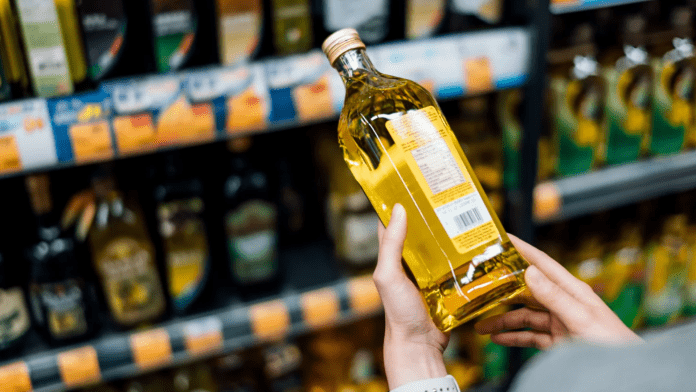India’s edible oil imports experienced a 19% decline in September compared to the previous month’s record high. This drop was primarily attributed to a 26% reduction in palm oil purchases by refiners, driven by soaring inventory levels, according to information provided by five industry dealers to Reuters.
Reduced procurement by the world’s largest importer of vegetable oils may result in increased palm oil inventories in major producing countries such as Indonesia and Malaysia, putting downward pressure on benchmark futures prices.
Dealers’ estimates indicate that India’s total edible oil imports for September dropped to 1.5 million metric tons, with palm oil accounting for 830,000 tons of this total.
“Edible oil inventories have gone up to all-time high levels because of record imports in July and August,” said Rajesh Patel, managing partner at edible oil trader and broker GGN Research.
“That’s why buyers are taking a pause now.”
The trade body, Solvent Extractors’ Association of India (SEA), reported that domestic vegetable oil stocks surged to 3.7 million tons as of September 1, compared to 2.4 million tons a year ago. SEA is expected to release its data on September imports around mid-October.
Sunflower oil imports witnessed a 15% decline from the previous month, amounting to 310,000 tons, while soyoil imports, on the other hand, inched up by 2% to reach 365,000 tons, as estimated by dealers.
India primarily sources its palm oil from Indonesia, Malaysia, and Thailand, while it imports soyoil and sunflower oil from Argentina, Brazil, Russia, and Ukraine.
“Drier weather in June and August, coupled with a slow start to planting, raised concerns about domestic oilseeds production,” said Ashwini Bansod, head of commodities research at Phillip Capital India Pvt Ltd.
“This led to higher import demand in July and August ahead of festivals.”
The analyst also mentioned that the improved rainfall in September alleviated concerns of a more significant drop in oilseed production.
August marked the driest month on record, experiencing a 36% deficit in rainfall. However, in September, the situation improved significantly, with India receiving 13% more rainfall than the usual average.
According to Patel from GGN Research, there is a possibility of further declines in edible oil imports in October because the existing stocks are more than sufficient to meet the demand during the festival season.





